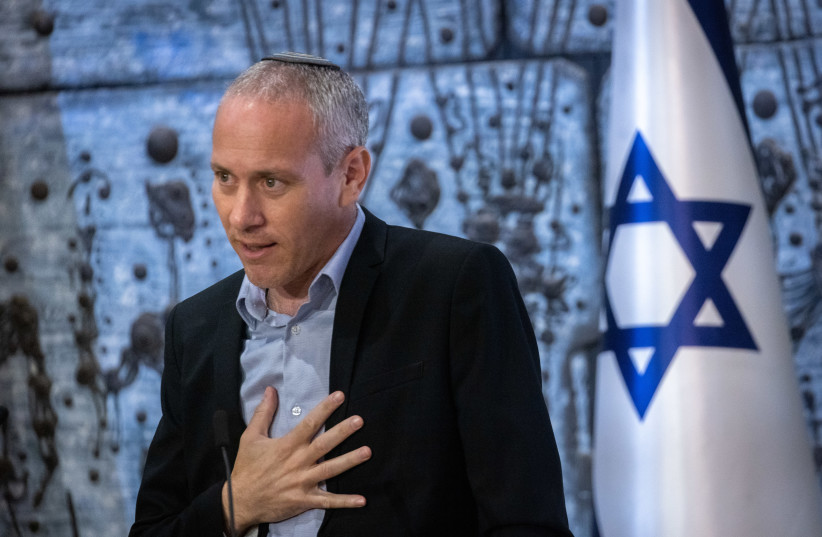Both National Unity and Otzma Yehudit threatened on Tuesday to leave the emergency government over a possible hostage deal for the release of Israelis being held by Hamas in the Gaza Strip. While National Unity Minister-without-portfolio MK Chili Tropper warned Prime Minister Benjamin Netanyahu that the party would leave the government if he turns down an “acceptable” deal, Otzma Yehudit Chairman and National Security Minister MK Itamar Ben-Gvir threatened to do the same if the prime minister accepts a “reckless” deal.
However, amid pressure on the government to finalize a deal with Hamas for the release of the remaining 136 hostages, Tropper conceded that ending the war in Gaza is not an option.
“We would have to pay a heavy price (in a hostage deal), but stopping the war is a price Israel is unwilling to pay,” Tropper told radio 103FM. “If there is a deal we can live with and Netanyahu doesn’t sign on it, we will leave the government.
“Even if we replaced Netanyahu, the aim to destroy Hamas will not change,” he added.

Hamas rejected a hostage deal drafted in Paris over the weekend because it did not include a permanent ceasefire, reiterating that Israel must halt its Gaza offensive and withdraw from the Strip before any prisoner exchange takes place. The broad framework under discussion has focused on an exchange of captives for the release of Palestinian security prisoners or terrorists, as well as a pause in the war. Foreign reports on Tuesday circulated that there had been developments in a possible deal.
Politicians weigh in on the dilemma
Ben-Gvir’s message was shorter. “A reckless deal equals dismantling the government,” he wrote on X.
Opposition leader and Yesh Atid Chairman MK Yair Lapid said soon after that his party would serve as a “safety net for any deal that will return the hostages to their homes.”
“Yesh Atid will not allow Netanyahu’s political problems to block a hostage deal that would bring them home,” the party wrote on X soon after. “Lapid said from day one that it would back any deal, and it will continue to do so. They must be returned home.”
The coalition currently has 76 members, but 12 of them are from the National Unity Party, which joined the coalition due to the war and has repeatedly said that it will leave when the situation stabilizes. Otzma Yehudit has six Knesset members, and therefore, if it leaves, the coalition could eventually be left with 58 Knesset members – and the coalition would no longer enjoy being in a majority.
While Yesh Atid is unlikely to join the government in Otzma Yehudit’s stead, its pledge to serve as a “safety net” likely means that it would not support such a hostage deal if it was presented to the Knesset, therefore guaranteeing that there will be a majority on this specific issue.
Defense Minister Yoav Gallant tried to ease the political tension, arguing at the Knesset’s Foreign Affairs and Defense (FADC) committee that a necessary condition to defeat Hamas was “unity on the national and political level.”
In his statement on X on Tuesday, Lapid expressed the urgency for reaching a deal: “The first clause, the first line, in the contract between the state and its citizens, says that the state is responsible for their lives; not only for their health or the education of their children but for life in the most basic and simplest sense.”
“We have no way to bring our dead back to life, but we have to bring the hostages home, otherwise something very basic will crumble in our relationship with each other, in the relationship between a people and their country,” he continued, “certainly, in the fundamental trust between the citizens and the government. This must not happen. Some things are not up for debate.”
Tovah Lazaroff contributed to this report.
